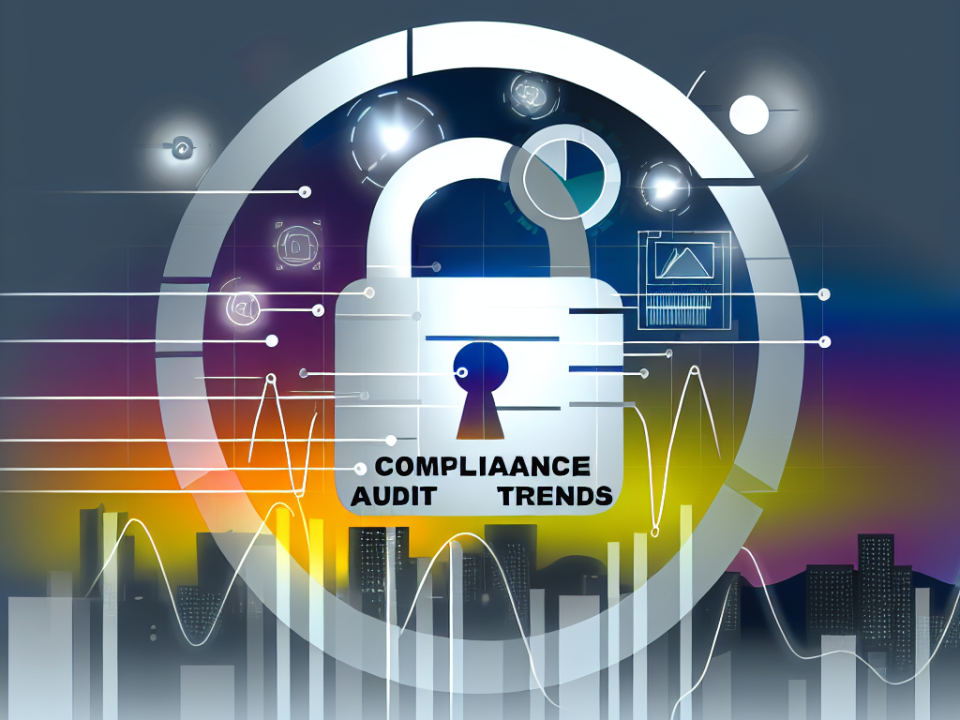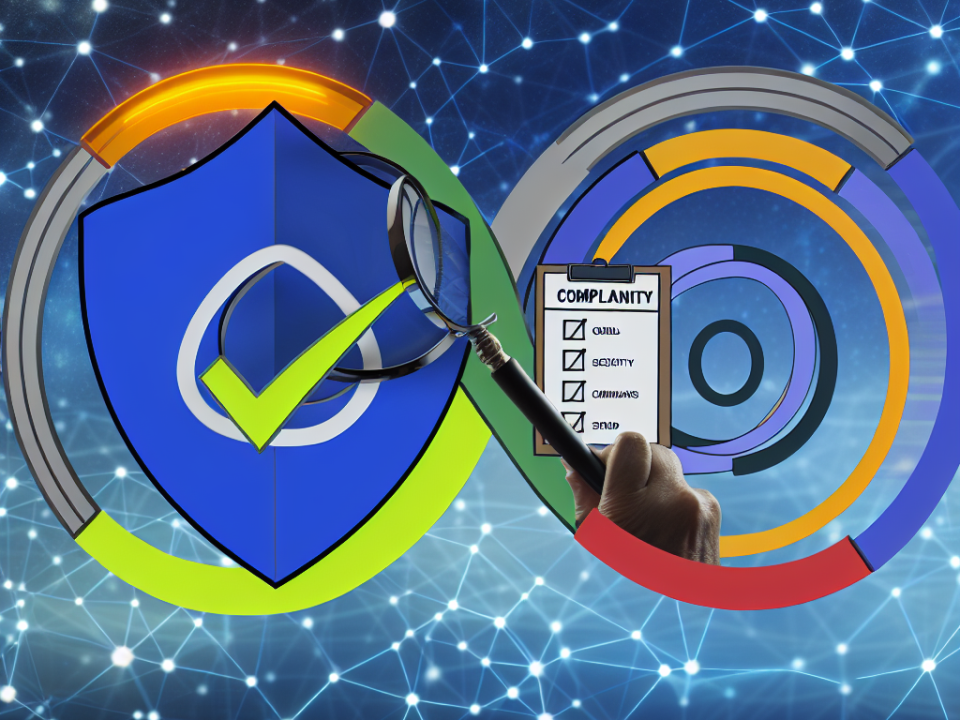
The Future of Cybersecurity: Trends in Compliance Standards for 2024
June 3, 2025
The Role of Technology in Streamlining Security Compliance Efforts
June 3, 2025
The General Data Protection Regulation (GDPR), which came into effect on May 25, 2018, revolutionized data protection practices across Europe and beyond. Designed to enhance individuals’ control over their personal data, GDPR imposes stringent requirements on organizations that handle such data. This article explores the key aspects of GDPR and its profound impact on security compliance.
Understanding GDPR
GDPR is a comprehensive data protection law that applies to all organizations that process the personal data of individuals in the European Union (EU), regardless of where the organization is based. It aims to protect individuals’ privacy rights and enhance organizational accountability regarding data handling.
Key Principles of GDPR
-
Lawfulness, Fairness, and Transparency: Organizations must process personal data lawfully, fairly, and transparently in relation to the data subject.
-
Purpose Limitation: Data collected for specific, legitimate purposes must not be used in a manner incompatible with those purposes.
-
Data Minimization: Organizations should only collect data that is necessary for the intended purpose.
-
Accuracy: Organizations are responsible for keeping personal data accurate and up to date.
-
Storage Limitation: Personal data should only be retained for as long as necessary for the purposes for which it was processed.
-
Integrity and Confidentiality: Organizations must ensure the security of personal data, protecting it against unauthorized access, loss, or destruction.
- Accountability: Organizations must demonstrate compliance with GDPR through documentation and proof of their data protection measures.
GDPR and Security Compliance
The compliance landscape has been significantly transformed by GDPR, which inherently places security at the forefront of data handling practices. Here’s how GDPR relates to security compliance.
1. Enhanced Security Measures
GDPR mandates that organizations implement appropriate technical and organizational measures to ensure a level of security appropriate to the risk. This includes:
- Data Encryption: Encrypting personal data both in transit and at rest.
- Access Controls: Implementing strict access controls to limit who can see or interact with personal data.
- Regular Audits: Conducting risk assessments and regular audits to ensure compliance.
2. Breach Notification Requirements
In the event of a data breach, GDPR requires organizations to report the breach to the relevant authority within 72 hours. Failure to comply can lead to hefty fines. Organizations must therefore invest in technology and processes to:
- Quickly detect breaches.
- Assess the impact of breaches on personal data.
- Communicate promptly with affected individuals, if necessary.
3. Data Protection Impact Assessments (DPIAs)
Organizations are required to conduct DPIAs when the data processing is likely to result in a high risk to the rights and freedoms of individuals. These assessments help organizations identify and mitigate risks before they occur, reinforcing the importance of proactive security compliance.
4. Employee Training and Awareness
GDPR emphasizes the necessity of security awareness within an organization. Employees should be trained on data protection principles, security protocols, and the importance of safeguarding personal data. A culture of security consciousness can significantly reduce the risk of breaches caused by human error.
5. Third-party Compliance
Organizations are responsible for ensuring that third-party vendors and partners comply with GDPR when handling personal data. This requires diligent oversight and the incorporation of data processing agreements that delineate security responsibilities.
The Financial Impact of Non-compliance
The repercussions of failing to comply with GDPR can be severe. Organizations may face fines of up to €20 million or 4% of their global annual turnover, whichever is higher. Beyond financial penalties, non-compliance can result in reputational damage and loss of customer trust. The importance of security compliance cannot be overstated.
Conclusion
GDPR has become a cornerstone of data protection and security compliance in the digital age. By emphasizing accountability and the rights of individuals, organizations are encouraged to adopt a proactive approach to data protection. With the right security measures in place, organizations not only comply with GDPR but also foster a culture of trust, demonstrating their commitment to safeguarding personal data in an increasingly data-driven world. As regulations continue to evolve, an ongoing commitment to security compliance will be essential for success.







